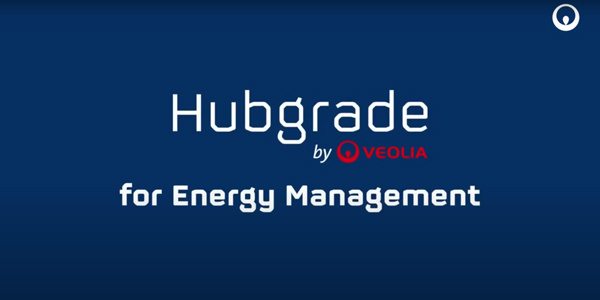Energy Markets Update
Weekly natural gas inventories
The U.S. Energy Information Administration reported last week that natural gas in storage decreased by 59 Bcf. There was a withdrawl for the same week last year of 1 Bcf while the five-year average withdrawl was 31 Bcf. Total U.S. natural gas in storage stood at 3,564 Bcf last week, 9.5% less than last year and 2.4% lower than the five-year average for this time of year.
Collapse of Regional Transportation Climate Initiative
The Transportation Climate Initiative, a regional initiative to tax fuel transportation fuel emissions, has been put on ice with the withdrawal of its primary advocate and stakeholder, Massachusetts.
Transportation accounts for approximately 65% of Massachusetts’ greenhouse gas emissions, but despite the significant opportunities for abatement, lawmakers have long been reluctant to push changes to the sector given the direct impact on constituents and high likelihood of voter resistance. As a result, the vast majority of climate action to date has been in the electric power sector. The TCI was intended to create a cap and trade market for transportation fuel suppliers in the Northeast, while also generating revenue that states could use to invest in clean transportation and other programs. The coalition that launched the initiative last winter set an initial target of reducing emissions 26 percent by 2032, estimating it could add 5 to 9 cents more to the price of a gallon of gas.
However, Connecticut exited the pact earlier this fall and commitment from other states has been shaky. Ned Lamont, Governor or Connecticut told reporters that he would no longer be pursuing the TCI, calling it “a pretty tough rock to push when gas prices are so high.” Indeed, there has been vocal resistance to the framework, including from groups such as the Massachusetts Fiscal Alliance, who has argued that costs would be greater than its backers anticipated. Governor Charlie Baker of Massachusetts has now acknowledged that the TCI is “no longer viewed as critical.” In a statement Thursday afternoon, Baker press secretary Terry MacCormack noted that the administration had always said Massachusetts would only move forward with TCI if multiple states were also committed.
The compact's demise is the second major blow to Massachusetts’ clean energy efforts in recent weeks - Maine voters earlier this month rejected a transmission project that Massachusetts has been counting on to draw clean hydropower down from Canada.
Skepticism surrounds the release of ERCOT’s winter grid assessment
Last week the Electric Reliability Council of Texas (ERCOT) released a seasonal assessment of winter readiness, which garnered some newfound attention after February’s catastrophic power outages and market failure. “The Texas grid should run smoothly under normal winter conditions, but extreme weather could still pitch Texans into darkness”, the assessment reads.

ERCOT says it has a “new aggressive approach to managing the electric grid” after February’s winter storm disaster that left millions of Texans without power for days in freezing temperatures. A July update from the Texas Department of State Health Services said 210 people across the state died as a result of the storm.
The assessment, known as a Seasonal Assessment of Resource Adequacy, says the grid is well positioned to supply enough power to meet demand under normal and moderately challenging winter conditions. But extreme weather could cause increased electricity demand while causing breakdowns along the energy supply chain, resulting in blackouts. Some analysts say that the state’s grid operator is being overly optimistic about the weather and what it will mean for electricity demand. “We expect there’s a 10% chance that demand will exceed what ERCOT considers to be their extreme peak load scenario,” Andrew Dessler, a professor of atmospheric sciences at Texas A&M who has been researching the grid, told KUT. “In my opinion that’s not a great worst-case scenario. One in 10 things happen all the time” he said.

Others have questioned whether ERCOT is underestimating how much power generation could fail during another deep freeze, including freeze-offs in the natural gas supply chain. If electric supply falls short of demand, ERCOT is forced to take extreme measures, including widespread power cuts, to restore balance on the system. These questions loom large in the context of market redesign options being considered by the Texas Public Utility Commission. Many powerful advocates, including Texas Governor Gregg Abbot, have suggested that the renewable power sector should pay premiums for backup power and barriers to investments in fossil fuel generation should be removed. Many of the market reforms to date have featured increased investment in natural gas generation but little with respect to hardening the gas transportation system itself, which provided to be a weak link last February.
ERCOT’s assessment comes on the heels of another report from the North American Electric Reliability Corp. that found the Texas grid remains vulnerable to blackouts in the event of another big winter storm.
Natural Gas Storage Data


Market Data
Use the filters to sort by region
Market data disclaimer: Data provided in the "Market Data" section is for the newsletter recipient only, and should not be shared with outside parties.



